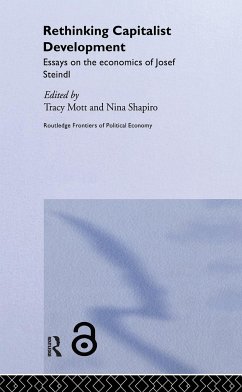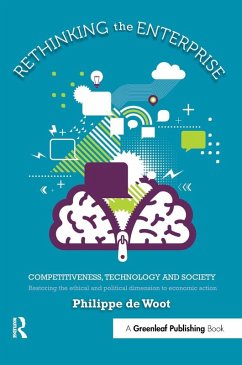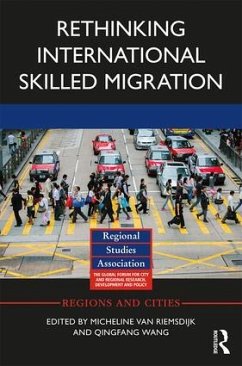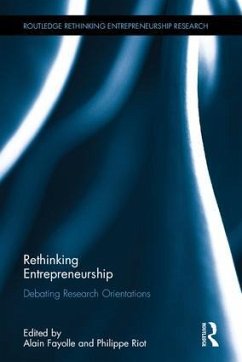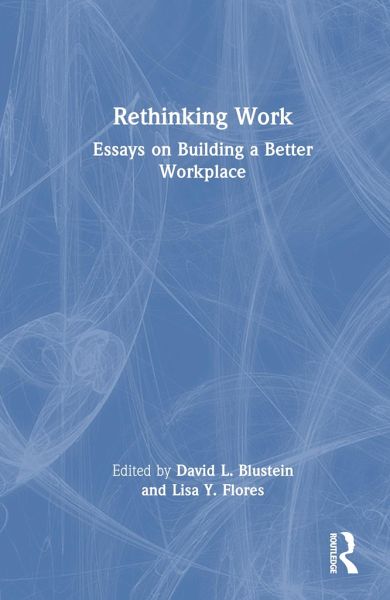
Rethinking Work
Essays on Building a Better Workplace
Herausgeber: Blustein, David L.; Flores, Lisa Y.
Versandkostenfrei!
Versandfertig in 1-2 Wochen
149,99 €
inkl. MwSt.

PAYBACK Punkte
75 °P sammeln!
This collection of brief essays by thought-leaders, scholars, activists, psychologists, and social scientists imagines new workplace structures and policies that promote decent and fair work for all members of society, especially those who are most vulnerable.






